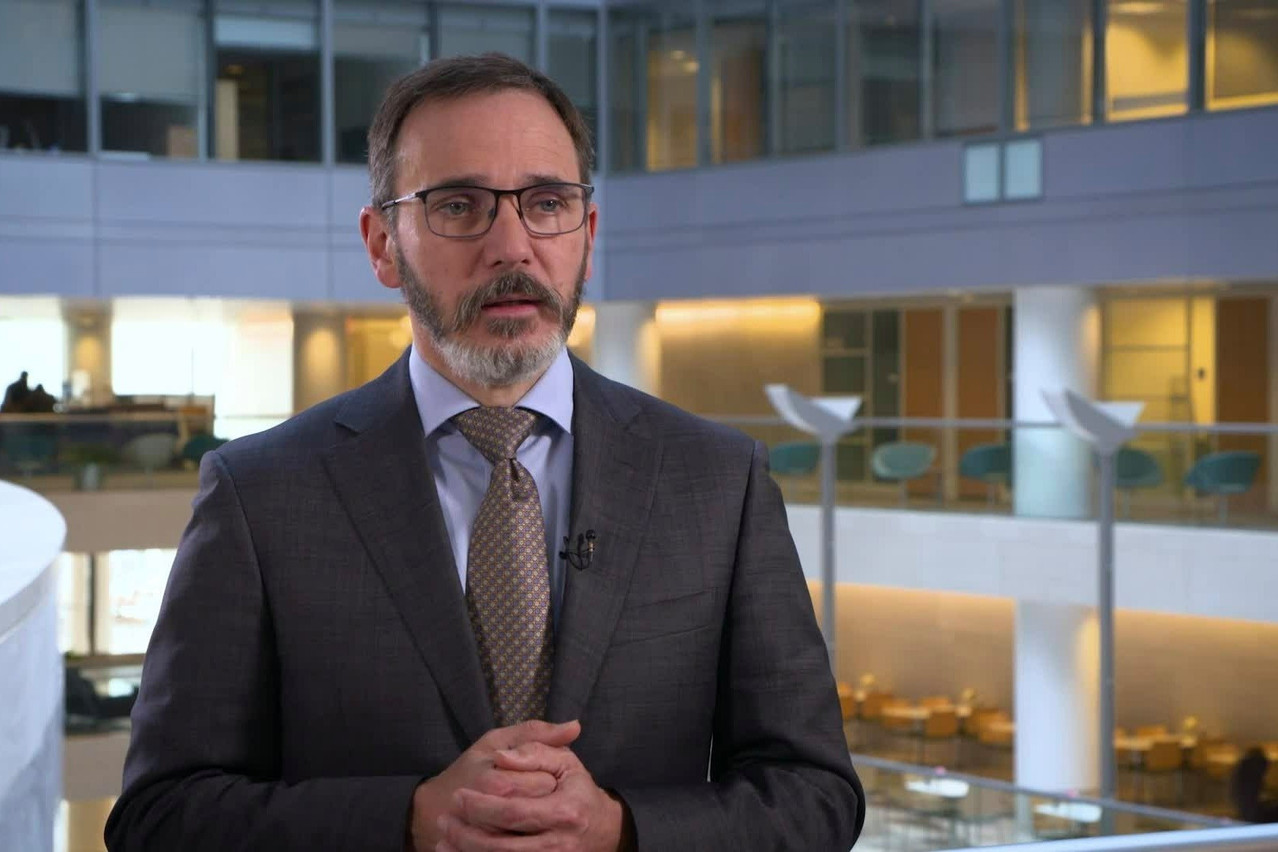In October 2022, the IMF had , largely due to Russia’s war in Ukraine and lasting effects of the covid-19 pandemic. The IMF has now revised that forecast and is projecting growth 2.9%, or 0.2 percentage points higher.
The recent reopening of China’s economy has supported a faster-than-expected recovery, said the IMF, and global inflation is expected to fall from 8.8% in 2022 to 6.6% in 2023 and to 4.3% in 2024. These figures, however, remain above the pre-covid levels of 3.5%.
“The global economy has shown a lot of resilience,” said Pierre-Olivier Gourinchas, the IMF’s chief economist. “Labour markets are tight, household spending and business investment remain strong, and European economies proved quite resilient against the energy crisis.”
The IMF’s January noted that real GDP was “surprisingly strong” in the third quarter of 2022 in the United States, the euro area and major emerging market and developing economies. This is due to “stronger-than-expected private consumption and investment” and “greater-than-anticipated fiscal support.”
Moreover, “negative growth in global GDP or global GDP per capita--which often happens when there is a global recession--is not expected,” said the report.
“The global economy will slow down this year before rebounding in 2024,” said chief economist Gourinchas. The IMF forecasts an increase in global growth in 2024, with a growth projection of 3.1%. “But a global recession is not in our baseline.”
Growth of 0.7% in the euro area in 2023
In Europe in particular, economic growth in 2022 was more resilient than expected, thanks to government support for households and companies impacted by the energy crisis, the reopening of economies, lower gas prices, and a warmer-than-usual winter.
The IMF noted, however, that Q4 2022 indicators suggest that manufacturing and service sectors are “contracting.” In addition, inflation remains high--above 10% in several eurozone countries--and interest rate increases by the European Central Bank are “tightening financial conditions and cooling demand in the housing sector.” Statec, Luxembourg’s statistics service, reported in January 2023 that the annual inflation rate was 5.4%.
Growth in the euro area is projected to be 0.7% in 2023 before rising to 1.6% in 2024, said the IMF.
Risks to look out for and policy priorities
“The fight against inflation has started to bear fruit, but the battle is far from won. Central banks need to raise real policy rates above the neutral level and keep them there until inflation is on a sustained declining path,” said Gourinchas. He emphasised the need to monitor risks and vulnerabilities, particularly in the housing and non-financial sectors.
China’s recovery, for example, could “stall,” leading to consequences in the rest of the world, while inflation could remain high and require tighter monetary policy. On the other hand, strong household balance sheets and wage growth could support private demand, and resolving supply bottlenecks could also allow a “soft landing.”
“Countries should also roll back the broad and untargeted support they provided households and firms to counter the cost-of-living crisis and instead adopt targeted measures to conserve fiscal space, allow the energy price signal to reduce energy demand and avoid overly stimulating the economy,” added Gourinchas.
It is also important to contain the re-emergence of covid-19 with vaccination and pandemic preparedness measures, ensure financial stability, support vulnerable people, reinforce supply chains and strengthen multilateral cooperation, noted the IMF report.
